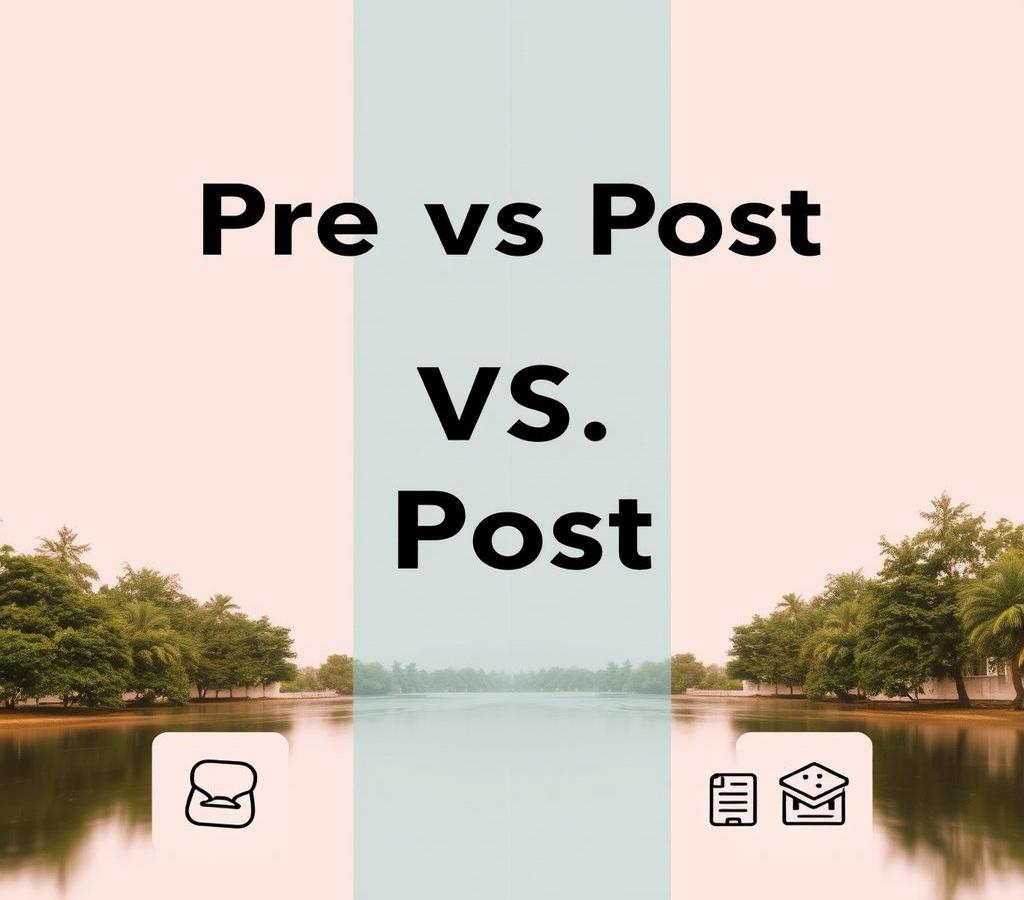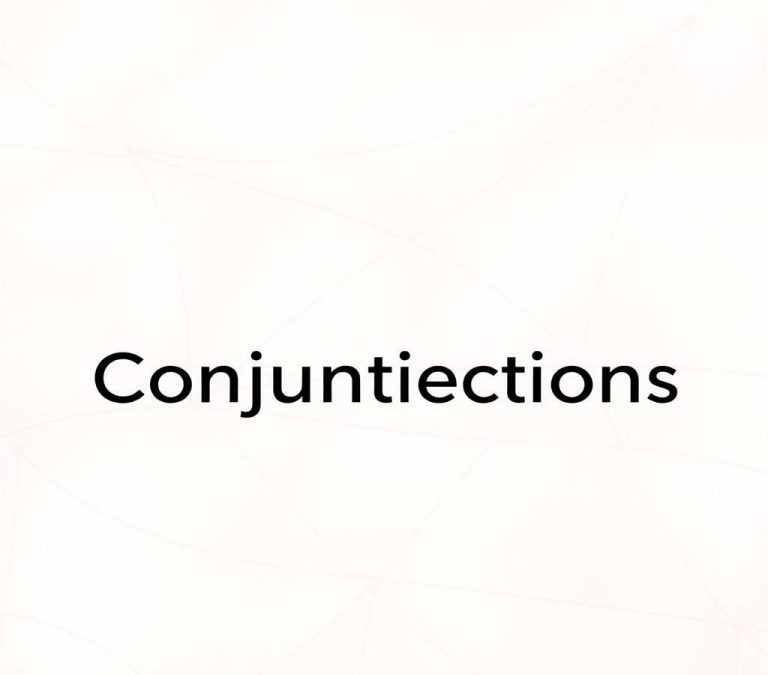Pre vs Post: Mastering Grammar Usage Prefix Selection
Choosing the right prefix can make a big difference in how we understand words. Two common prefixes, “pre-” and “post-“, often confuse people. “Pre-” means before and “post-” means after. Knowing which one to use can help make your writing clear and accurate. This article will guide you through the differences between “pre-” and “post-” and provide examples to illustrate their correct usage.
Quick Answer
Use pre- when describing an action that happens before the main event (e.g., pre-game, pre-order). Use post- when describing an action that happens after the main event (e.g., post-game, post-production). If you’re unsure, ask yourself: “Does it happen before or after the main event?”
Why There is confusion
The confusion between the prefixes “pre” and “post” often arises from their specific meanings, usages, and contexts. Both are commonly used in the English language, but they serve different purposes and indicate different time frames. Understanding their differences and correctly applying them can enhance both written and spoken communication. This article will clarify the distinctions between the two prefixes and offer guidance on their appropriate usage.
What does “Pre” mean?
The prefix “pre” is derived from Latin, where it means “before.” In English, “pre” is attached to words to indicate that something occurs before a specified event or action. It helps to frame the timing of events, situations, or conditions that precede something else.
- Examples: “Preview” means to view something before it is officially available. “Precaution” means steps taken before an event to prevent harm or problems.
What does “Post” mean?
The prefix “post” also comes from Latin and means “after.” When appended to words in the English language, it indicates that something happens after a particular event or action. This helps to establish the following timeframe of events, circumstances, or conditions.
- Examples: “Postmortem” means an examination after death. “Postscript” is an addition to a letter that comes after the main message.
Differences of “Pre vs Post”
Understanding the distinctions between “pre” and “post” requires looking at several aspects such as parts of speech, meaning and usage, and context in which they are applied.
Difference in Parts of Speech
Both “pre” and “post” are prefixes that modify nouns and sometimes verbs and adjectives, but they do not serve as parts of speech on their own. They attach to base words and change the meaning to indicate timing relative to an event or condition.
- Pre-: When “pre” is added to a word, it often forms a noun or adjective that defines a state or action occurring before the main event. For instance, “prehistoric” (adjective) describes something that existed before recorded history.
- Post-: Similarly, when “post” is added to a word, it usually forms a noun or adjective that signifies something happening after the main event. For example, “postnatal” (adjective) describes conditions or events occurring after birth.
Difference in Meaning and Usage
The core meanings of “pre” and “post” are clear—one signifies “before,” and the other “after.” However, their application and resultant meanings can vary widely depending on the context.
- Pre-: This prefix is often used in contexts where preparation, anticipation, or preliminary stages are implied. It denotes actions taken ahead of time to influence or affect subsequent events. Examples include “preview,” “prepaid,” and “precaution.”
- Post-: This prefix is used in contexts where results, outcomes, or subsequent stages are implied. It denotes actions or conditions resulting from or following a preceding event. Examples include “postgraduate,” “postwar,” and “postoperative.”
Difference in Context
Context is crucial when choosing between “pre” and “post.” Each prefix sets a different context for the base word it attaches to, which in turn influences how the term is understood.
- Pre-: Emphasizes what comes before. For instance, “preseason” refers to activities or events that occur before the main playing season of a sport.
- Post-: Emphasizes what comes after. For instance, “postseason” refers to events or games that take place after the regular playing season of a sport.
Synonyms of “Pre”
While “pre” is a common prefix, there are several synonyms or words with similar meanings that can be used to indicate precedence or anticipation.
- Prior: Meaning before or earlier in time.
- Previous: Indicating something that happened or existed before the present event or time.
- Anterior: Positioned in front, often used in a biological context.
Synonyms of “Post”
Similar to “pre,” there are alternatives and related words to “post” that can be used to convey that something occurs after an event.
- Later: Occurring after a certain time.
- Following: Coming after something in time or order.
- Subsequent: Happening or coming after something else.
Examples of Usage
Understanding prefixes is better solidified with practical examples of how they are used in various contexts.
- Pre-:
- “Prehistoric humans used simple tools.” (meaning: humans existing before recorded history)
- “The doctor prescribed preoperative tests.” (meaning: tests conducted before surgery)
- “Students attended a pre-exam seminar.” (meaning: a seminar before the examination)
- Post-:
- “Postmortem results confirmed the cause of death.” (meaning: results obtained after death)
- “The athlete had a successful postoperative recovery.” (meaning: recovery after surgery)
- “They celebrated their project’s completion at a post-launch party.” (meaning: a party after the project launch)
Conclusion
In conclusion, the prefixes “pre” and “post” hold distinctive meanings that provide important contextual information about timing relative to events or actions. “Pre” signifies something occurring before, while “post” indicates something taking place after. Recognizing the parts of speech they modify, understanding their differing meanings and uses, and applying them appropriately depending on context can help eliminate confusion. As you become more familiar with these prefixes and their synonyms, you will find them easier to use correctly, enhancing your clarity and precision in communication.







